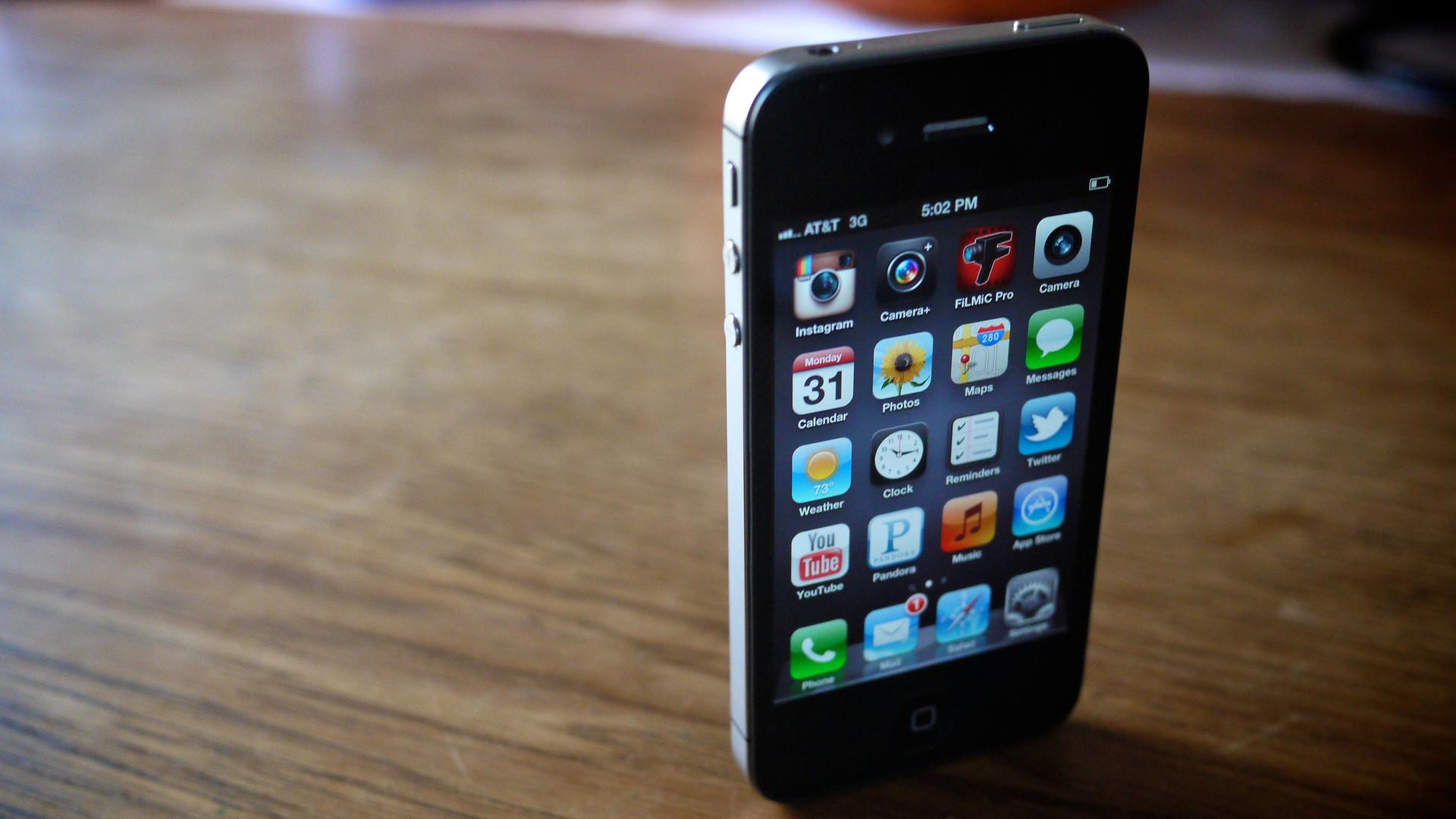What your cellphone data says about you
Smart phones just got smarter. Not only do they let you surf the net, tweet, and navigate all at the same time, but their data is now also being used to make some unexpected predictions.
A recent study found cellphone data that predicts with 87 percent accuracy if you’re experiencing depression symptoms. Another study found that phones can predict cholera’s spread.
What else does your phone data know about you? Whether you got fired, apparently.
Data scientist Jameson Toole and a team of researchers combed through cellphone data and discovered it was highly correlated with unemployment. They focused on a small area in Europe where a manufacturing plant had shuttered, comparing records before and after the shutdown.
“We could identify a group of mobile phone users that all of the sudden stopped making regular phone calls near this manufacturing plant on the day it was reported to have closed.”
This is fairly logical — if you are fired, you probably don’t spend most of your time at your former workplace, or make calls from there. Less intuitive, though, is that researchers also found that those who lost their jobs made fewer calls in general, regardless of location — sometimes 40 percent less calls each day.
“They don’t stop entirely, but they make fewer phone calls," Toole says. "They call fewer unique people each month, they travel to fewer locations and shorter distances from the area we think they might live.”
The study wasn’t just limited to just one location. Doing similar analyses in larger populations, like samples of 10,000 or 20,000, led to similar conclusions. Toole explains that in those larger scale studies, the variables that correlated with unemployment — like making fewer calls — correlated with macro-level employment levels in that specific area.
There are many possible explanations to why cellphone usage and employment are related. Maybe, Toole says, without a job someone has more time to meet people in person, or maybe they can’t afford their phone anymore. It’s also a possibility that the data reflects a damaged social network.
Yet, Toole says whatever the reason, “The point here is that we were able to find something that did seem to correlate with unemployment.”
The story you just read is accessible and free to all because thousands of listeners and readers contribute to our nonprofit newsroom. We go deep to bring you the human-centered international reporting that you know you can trust. To do this work and to do it well, we rely on the support of our listeners. If you appreciated our coverage this year, if there was a story that made you pause or a song that moved you, would you consider making a gift to sustain our work through 2024 and beyond?
